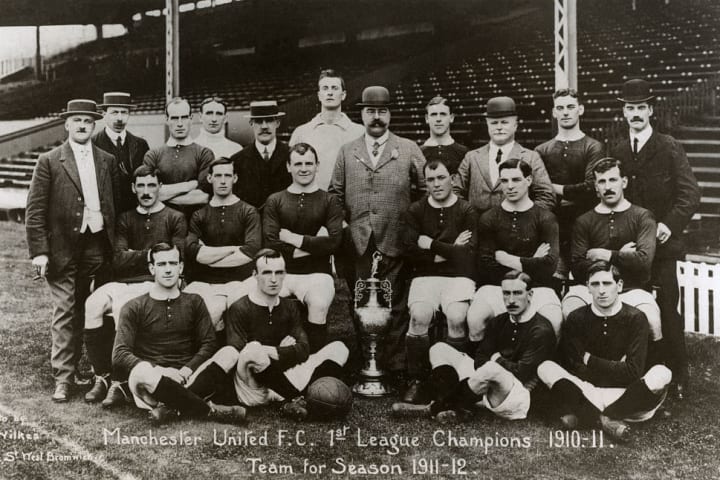
The biggest bans in football history
Although it is something that has happened many times over the years, a player receiving a ban from football always makes major headlines.
The latest major player to receive a significant suspension is Brentford and England striker Ivan Toney, banned for eight months. This is after being charged with 262 breaches of Premier League rules around betting. Thirty of them were withdrawn but he pleaded guilty to the other 232.
He is not going to be able to play football again until 16 January 2024.
Responding to the ruling, Toney said on social media: „Today I have received notification of my eight-month ban from football following a hearing before an FA Regulatory Commission that took place yesterday. I am naturally disappointed that I will be unable to play for the next eight months.“
Here is a list of the top 10 longest bans that footballers have received during their careers and why.
CURRENT PREMIER LEAGUE TABLE, TOP SCORERS & UPCOMING FIXTURES
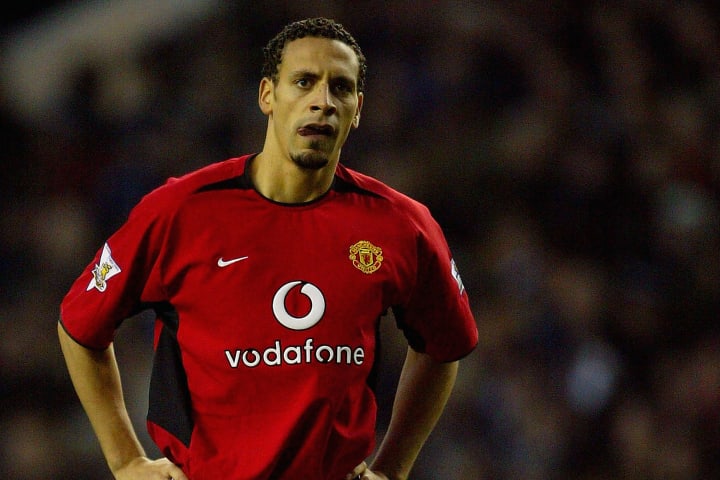
Rio Ferdinand is one of the most celebrated defenders and players of his generation and is a permanent fixture on our TV screens thanks to his regular punditry and presenting work.
There was a dark spell in his superb career though, as in September 2003, he refused to submit for random drug testing and he then received the punishment in the December of the same year.
He was given an eight-month ban from football and had to pay a £50,000 fine. Ferdinand was 25 at the time but still went on to have an incredibly successful career with Manchester United afterwards.
Former Chelsea goalkeeper was handed a massive nine-month ban at the end of 2002 after he was found guilty of two charges brought against him. One charge was improper conduct and the other was testing positive for a banned substance.
The substance in question was cocaine and the ban was handed down by the FA. He was not given a financial penalty although he was ordered to pay the costs of the disciplinary commission which was around £10,000.
„Mark claims his drink was spiked but, whilst duty bound to give it consideration, it was a guilty verdict with a scale of penalties weighted down,“ PFA chairman Gordon Taylor stated.
Whilst being banned for the use of cocaine may seem fairly run-of-the-mill in the context, Eric Cantona’s ban was certainly not. The Manchester United striker produced one of the most iconic (and not in a good way) Premier League moments in history.
After hearing racial slurs from a member of the Crystal Palace crowd in 1995, Cantona lost his temper and kicked Matthew Simmons in the chest. He was dragged away by players and after refusing to apologise, he was handed a nine-month ban from FIFA and the FA, and was even initially told to spend two weeks in prison. That soon changed to 120 hours of community service.
The biggest and most historic name on the list, Diego Armando Maradona was one of the greatest players to ever play the game and is celebrated as such. Part of what endeared him to so many was that he did not always play by the rules, there was a mystery about him.
Being mysterious is not always wise though and Maradona managed to get two separate 15-month bans from football during his career. The first was in 1991 due to his cocaine addiction, and the next was in 1994 when he was sent home from the World Cup after anti-doping commissioners found substances containing ephedrine in his blood.
This is a man who has probably made more headlines during his career for bad reasons than good. Joey Barton has spent time in prison before for assault and there are numerous accounts of him being violent towards both teammates and strangers.
It wasn’t violence that led to him receiving a massive 18-month ban in 2017, though, it was betting. The FA revealed that it was ‚alleged that between 26 March 2006 and 13 May 2016, he placed 1,260 bets on the result, progress, conduct or any other aspect of, or occurrence in, football matches or competitions in breach of FA Rule E8.‘
Viktoria Plzen defender David Bystron received a massive two-year ban from footballing activity back in 2012. He tested positive for a banned substance after Plzen’s Champions League win over BATE Borisov.
He was 29 years old at the time and he did not appeal the charge. The substance was not actually named but Czech media reported that it was methamphetamine.
Former Real Madrid player Juanito was known for having an incredibly bad temper on the pitch and this massively got the better of him 1978.
Real Madrid were playing against Grasshoppers in the European Cup when Juanito decided to assault both the referee and one of the linesmen. He was handed a huge two-year ban by UEFA, but that was not to be the end of his troubles.
A two-year ban was nothing compared to what Juanito would receive later on in his career. In 1987, Bayern Munich hosted Real Madrid in the European Cup semi-final at the Olympiastadion. It was a bad-tempered game that Bayern were winning.
After Lothar Matthaus had committed a foul and then been shoved to the floor by one player, Juanito charged in and stood on the German’s torso for a while before then kicking him in the face with his studs, a genuine assault that has no place in any walk of life, not even combat sports.
He was fined £5,000 by Real Madrid, and banned for five years. That was the end of his Real Madrid career which had been extremely successful barring these two moments where he lost his head. Tragically, Juanito was killed in a car crash at the age of 37 in 1992.
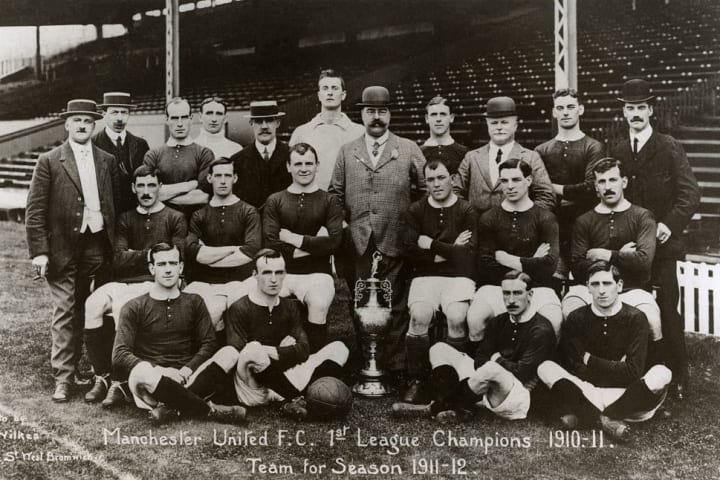
In a much older tale, former Nottingham Forest and Manchester United striker Enoch West was involved in a betting scandal in 1915. Those involved were given lifetime bans, but they could have the punishment lifted if they fought in the First World War.
All of them except West took the deal and his ban ran for 30 years until it was lifted when he was 59 years old.
The biggest ban of them all came for Chilean goalkeeper Roberto Rojas during a World Cup qualifying match in 1989. Chile were up against Brazil and were 1-0 down. They knew they would be out if they did not win.
Rojas went down holding his face and a firework from the stands was nearby, the assumption being it had hit him. That is an incident that could easily have led to a null and void result and Brazil being kicked out by FIFA. Rojas was carried off the field and Chile refused to come back on, saying it was unsafe to play.
Video evidence soon showed that actually, the firework did not strike Rojas and he inflicted the would himself with a razor blade hidden in his glove. Chile were kicked out, Brazil were handed a 2-0 win, and Rojas, coach Orlando Aravena and team doctor Daniel Rodriguez were all banned for life by FIFA.
Rojas eventually had the ban lifted by FIFA in 2001 after a request for a pardon, but it remains the longest ban handed out to a player.